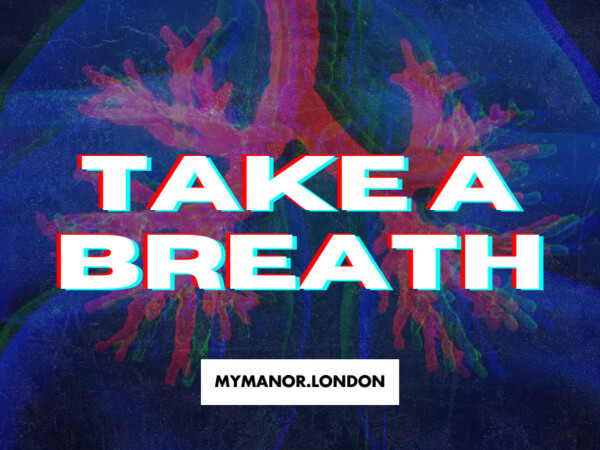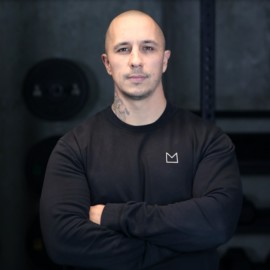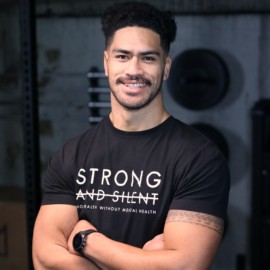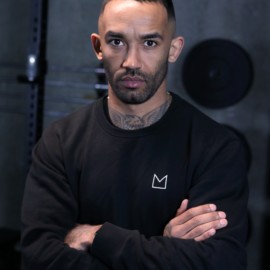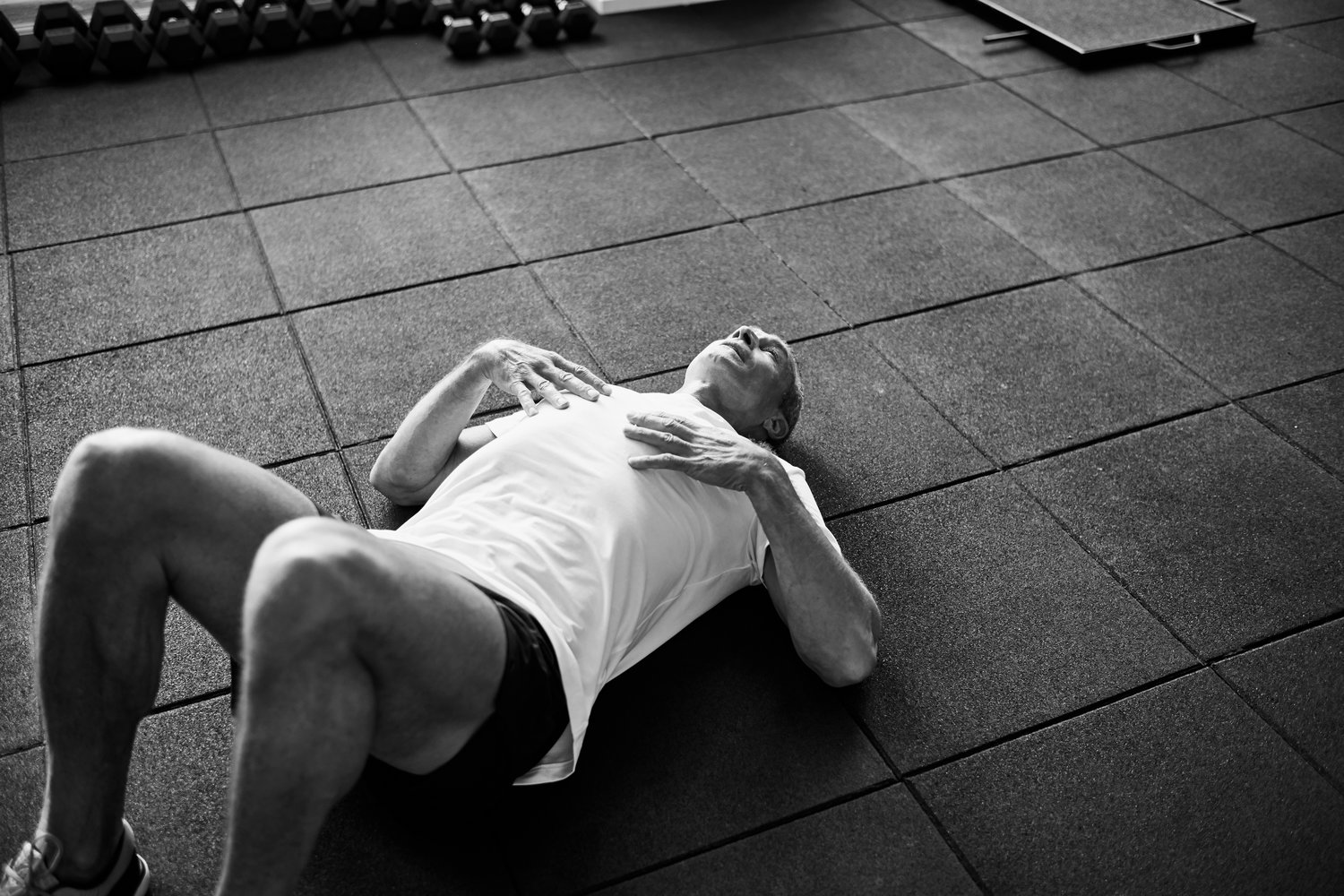
Inspired by Crossfit athletes? But how much training is enough?
By Manor Coach – Matt Ryan Gill
Last week I had the pleasure of visiting Madison, Wisconsin in the US and watching this year’s annual CrossFit Games. The brutal 4-day event crowns the so-called ‘fittest man and woman on earth’ and is savage test of various elements of fitness. Events combine gymnastic activities such as rope climbing and Olympic ring work, handstand walks, with sprinting, running, heavy weight lifting and of course everyone’s nemesis – the assault bike!
The competition sees highly conditioned athletes test themselves in head to head races, pushing themselves to the absolute limit and red-lining their bodies 2-3 times each day. In many ways it is incredible to watch, but it did make me think just how stressful and demanding this is for the body. The athletes competing are the top 0.1% and are full-time sponsored professionals. They follow periodised training plans which have a large focus on recovery and downtime to allow for adaptation to occur and in order to peak for competition. Without specific attention placed upon recovery there is just no way their bodies would hold up to the rigours of the volume and intensity of training required to compete at the highest level.
As coaches, it’s our responsibility to help guide you safely and effectively towards achieving your goals. Manor’s wide range of group sessions are designed to challenge specific energy systems or physical attributes in each workout. These sessions can help support a variety of different goals so whether you’re looking to improve your 10k run time, perform better on the rugby field, lose weight and fit into clothes that you miss wearing or sculpt your body to look good on the beach, it would be wise to plan accordingly and acknowledge that DIFFERENT goals require differenttraining focusses. For some of you this may mean training three or four sessions a week to see specific improvement in a variety of areas, while for others you might focus on two specific sessions a week which focus on a certain aspect of fitness for a block of time. In that time you’ll set goals in that particular area and hit your milestones, before switching focus onto another aspect of fitness to do the same again; the latter is often referred to as ‘periodised training’
Given this, a coach’s role is to not only make sure you’re training hard and pursuing the right type of sessions for a given goal, but also that you’re factoring in enough time to repair so that your body can actually adapt to the training and ‘make gains’, and so that you avoid counter-productive overtraining.
Did you know when the gainzzz happen?
Your body actually adapts to training when you rest. Your muscles do not grow and strengthen during a workout, rather in the downtime and rest between sessions. It’s a proven fact that excessive training or a lack of sleep will blunt your results and have a negative effect on your hormones. The result of this may leave you with that ‘skinny – fat’ feeling as well as feeling lethargic and low. When it comes to getting gains, the key is to ensure you’re putting in targeted and relevant work, but not exceeding your body’s ability to effectively recover from the training.
The term we use for this combination of insufficient rest and high training loads is ‘over training’: your results stall or even reverse, your frustration goes UP and your confidence and joy in your training goes DOWN.
Reduce your chances of overtraining
There are two factors important in preventing overtraining:
Exercise factors
Allowing for adequate recovery time in between exercise sessions.
Exercise choice, intensity and variety.
Outside factors
Maintaining good mental health – consider supporting this with yoga and/or restorative meditation to calm your CNS (central nervous system) which can burn out from too much high intensity training
Take a note of your ‘life load’ and other stresses you may be dealing with. Mixing a highly stressful lifestyle with frequent intense training may put you under excessive strain that you struggle to recover from.
How to spot it?
Knowing how to spot the signs of overtraining is essential. It is even more important to know how to cure and prevent it. Some symptoms of overtraining include:
· Altered resting heart rate (an easy way to measure this is to take your resting HR when you first get up and compare it from week to week, if you notice an increase then consider factoring more rest)
· Elevated exercise heart rate (if you notice your heart rate is much higher at a level you may normally work at then you’re CNS may not have adequately recovered.
· Decreased HRV (heart rate variability), this can be monitored via apps and fitness tracking devices. In essence we require healthy irregularities in our heart beat and rhythm, this occurs when fully rested. A higher HRV indicates you are recovered and ready to handle a harder training load.
· Increased thirst.
· Extended muscle soreness. Its normal to get DOMS – delayed onset muscle soreness – but if you feel sore all the time it may be a sign of inflammation and that your body needs more time to recover.
· Insomnia
· Depression/low mood
· Frequent sickness
· Loss of concentration
· Increased injury
· Lowered self-esteem
· Halted progress
How to cure it?
If you feel like you are overtraining or in an over trained state here are a few things you can do to bounce back:
· Take a Break – take 3 -7 days away from training. Let your body recover, stay active with walking but don’t physically stress or challenge yourself.
· Reduce Training Intensity – if you currently train on consecutive days try shifting to non-consecutive days, e.g.: day on then a day off.
· Increase Your Sleep Time – aim for a minimum of 7 hours (8 or even 9 if possible). This may just mean heading to bed an hour earlier each day for most.
· Deep-Tissue or Sports Massages – not only do they help release tight muscles and flush out your muscles, but it will help relax you.
· Assess Your Calorie and Macro Intake (ensure you are eating an adequate mix of proteins, carbohydrates and essential fats to allow your body to repair). There’s a good chance of burning yourself out if you are training intensely and frequently but not eating enough calories to repair.
· Drinking alcohol and a lack of quality sleep will shoot your cortisol levels (stress hormones) through the roof and may even advance your overtraining symptoms- cut out the booze for a bit.
· Consider reducing or eliminating caffeine and look at post work recovery drinks or supplements. While not essential there is plenty of evidence to suggest that protein and carbohydrate post workout drinks and amino acids can help advance the recovery process.
In conclusion, keep on training hard BUT remember rest is where the magic happens. Sleep is the best supplement you can have to help support your goals and allow your body to recover, ready to take on the next session. There are a number of devices and apps that can help you track rest and recovery as well as monitor training intensity, so get smart and make use of the tech. Follow a training plan, match hard effort with good rest, and, most importantly, listen to your body.
For a more personal approach and to help plan out a training week to better support your goals, feel free to reach out to any of Manor’s coaches in sessions, online or on our Instagram.

